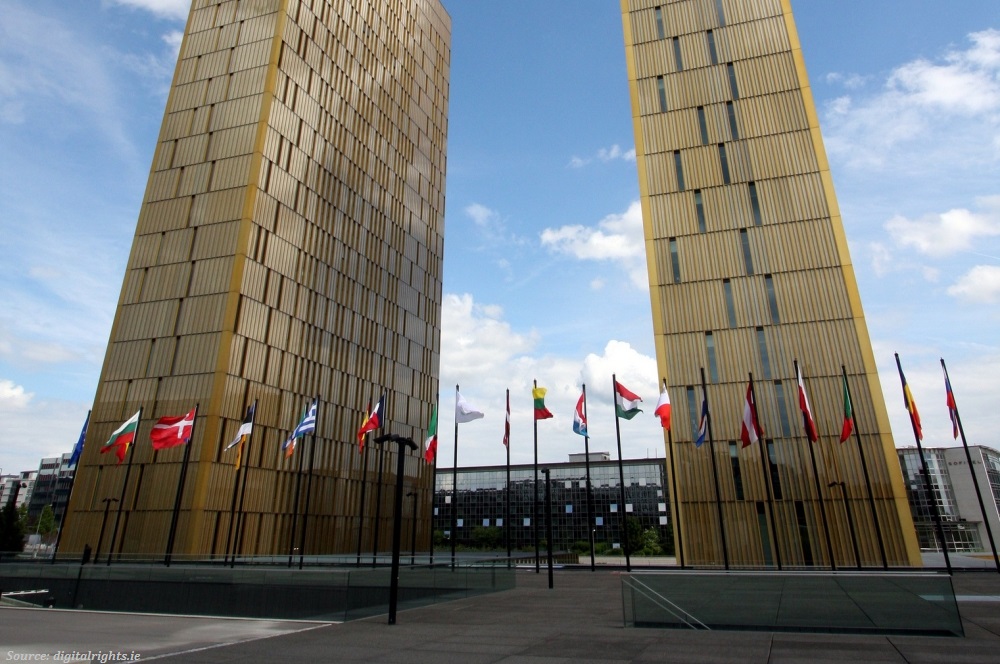On 13 November, the CJEU ruled on the time limit for Member States to respond to requests for re-examination of “take charge” or “take back” requests.
The joined cases concern a Syrian national and an Eritrean national, who lodged applications for the grant of a temporary (asylum) residence permit in the Netherlands but were found to have previously lodged applications for international protection in other Member States. In its preliminary question, the District Court of The Hague asks the European Court to interpret the Dublin Implementing Regulation and the suggested time limits for responding to requests for re-examination.
First, the Court pointed out that it is apparent from the provisions of the Dublin III Regulation that the EU legislature provided, as a framework for the take charge and take back procedures, a set of mandatory time limits which make a decisive contribution to achieving the objective of rapidly processing applications for international protection, by ensuring that those procedures will be implemented without undue delay. According to the Court, this set of mandatory time limits show that the EU legislature gives particular weight to the rapid determination of the Member State responsible for the examination of an application for international protection. These considerations should be of primary relevance when interpreting the Dublin provisions and its Implementing Regulation.
The Court also notes that the overall aim of the Implementing Regulation is to ensure the effective application of the Dublin Regulation. Consequently, the re-examination request must also be compatible with the provisions and objectives of that Regulation. In this context, the Court found that, as regards the period of time available to the requested Member State to reply to the re-examination request, the wording of the Implementing Regulation provides that that State is to endeavour to reply within two weeks. The aim of that provision is to encourage the requested Member State to engage in sincere cooperation with the requesting Member State by promptly re-examining such requests.
However, according to the Court, this provision does not mean that a failure to respond within two weeks amounts to an implicit acceptance of the request, entailing an obligation to take charge of or take back the person concerned. Therefore, the Court found that where the requested Member State does not reply within that period of two weeks to the re-examination request, the additional re-examination procedure shall be definitively terminated, with the result that the requesting Member State must, as from the expiry of that period, be considered to be responsible for the examination of the application for international protection, unless it still has available to it the time needed to lodge, within the mandatory time limits, set out in the Dublin Regulation, a further take charge or take back request.

